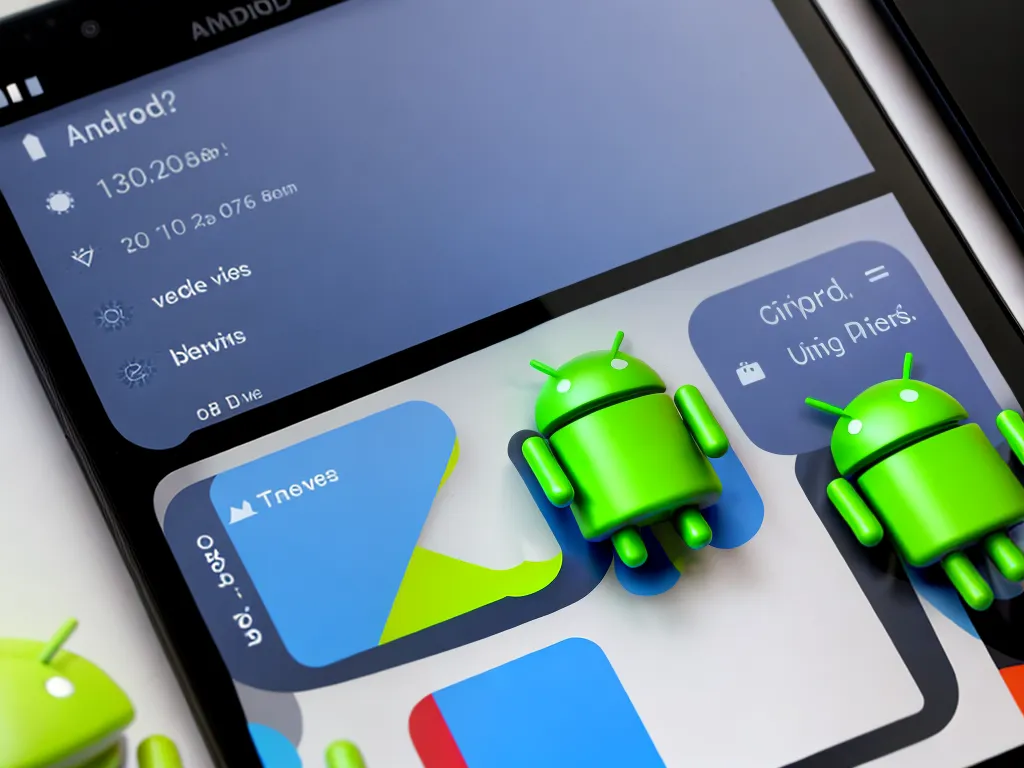
Introduction
The mobile operating system market has been fiercely competitive over the past decade. Android and iOS have dominated, but Windows Phone, BlackBerry OS, webOS, and others have tried to carve out market share. Now, as 5G, foldable screens, and other innovations emerge, some wonder if Android will maintain its leading position or finally cede to rivals. There are good arguments on both sides.
The Case For Android’s Continued Dominance
Massive Global Footprint
- As of Q3 2021, Android accounted for 72% of global smartphone shipments according to IDC.
- The operating system powers phones from Samsung, Motorola, OnePlus, and many others, making it ubiquitously available.
- With so many manufacturers making Android devices, prices range from budget to premium. This broad selection makes Android accessible to billions.
Entrenched Ecosystem
- The Google Play store offers over 3 million apps, far more than competing platforms. For many users, app selection is a primary factor in choosing a smartphone OS.
- Android benefits from Google’s vast ecosystem. Services like Gmail, Maps, Drive, and YouTube all integrate natively. This stickiness helps retain users.
- For developers, Android’s enormous user base makes it a must-target platform. This rich app selection becomes a self-reinforcing advantage.
Continuous Innovation
- Google continually releases new versions of Android. Recent updates include gesture navigation, improved notifications, battery life gains, privacy enhancements, and more.
- Fragmentation has been an issue historically, but Project Treble in Android Oreo helped accelerate updates by separating vendor and OS code. This modularity makes updating easier.
- Features like Machine Learning and Google Assistant integrate the latest AI innovations into Android. This keeps the OS on the cutting edge.
Why Android May Struggle Going Forward
Increasing Competition
- While still small, iOS market share has grown in recent years, reaching 28% in Q3 2021. Strong sales from iPhone 12 and iPhone 13 have fueled this.
- Chinese vendors like Xiaomi, Oppo, and Vivo are capturing more and more market share internationally. They represent a threat to Samsung and other Android OEMs.
- Emerging operating systems remain longshots, but Samsung’s Tizen and Huawei’s HarmonyOS could potentially challenge Android in some markets if geopolitical issues prevent access to Google services.
Slowing Innovation
- While Google continues updating Android, some argue the pace of meaningful innovation has slowed. Recent releases feel more incremental than groundbreaking.
- iOS is perceived by some as pulling ahead with innovations like Face ID, advanced haptics, privacy features, Hardware Wallets, and creative camera software.
- The Pixel line was supposed to showcase Google’s Android vision, but Pixels have yet to break through to mainstream success despite excellent software and AI capabilities.
Commoditization Risks
- With so many vendors relying on Android, smartphones risk becoming commoditized, competing primarily on hardware specs and price rather than user experience. This could cheapen Android’s brand image over time.
- Google’s own apps are also available on iOS, further diluting Android’s uniqueness and value proposition. Features like fast sharing and messaging work across both platforms.
- Samsung and other partners may look to distinguish themselves from plain Android with proprietary overlays and services. While fragmentation causes issues, it does reflect partners’ desire for differentiation as Android feels less special.
Key Factors That Will Determine Android’s Future
Foldables and New Form Factors
- As devices like the Samsung Galaxy Z Fold/Z Flip gain popularity, Android’s flexibility and support for a variety of screen sizes could prove an advantage over rigid iOS.
- If foldables go mainstream, Android manufacturers seem better positioned to capitalize on this emerging category. Developing a specialized OS for radical new hardware represents a huge opportunity.
AI and Machine Learning
- With Google’s prowess in machine learning and cloud infrastructure, Android has potential to lead the way on next-gen AI applications.
- On-device processing gains enabled by chips like Google’s Tensor open new possibilities for contextual app experiences that iOS may struggle to match.
US-China Trade Relations
- If political tensions block Google from working with Chinese OEMs, companies like Huawei and Xiaomi may accelerate efforts to fork Android and cut ties with Google.
- Alternatively, if relations improve, tight integration between Android and key Chinese players could solidify the platform’s global dominance. Geopolitics will play a pivotal role.
The Outlook for Android Remains Strong But Competition is Mounting
Android retains meaningful advantages, including ubiquity, app selection, and Google’s innovation capabilities. But Apple’s iPhone resurgence and rising Chinese competitors demonstrate that continued success cannot be taken for granted. For Android to remain on top in the mobile OS wars, Google needs to maintain a breakneck pace of innovation while expanding partnerships globally. With technology evolving quickly, the next 5 years promise to determine whether Android can defend its status as the world’s dominant mobile platform.












